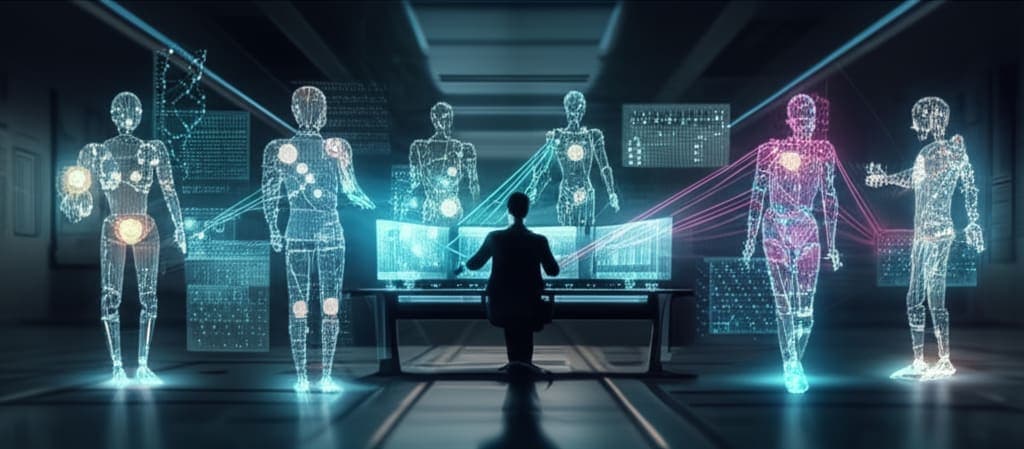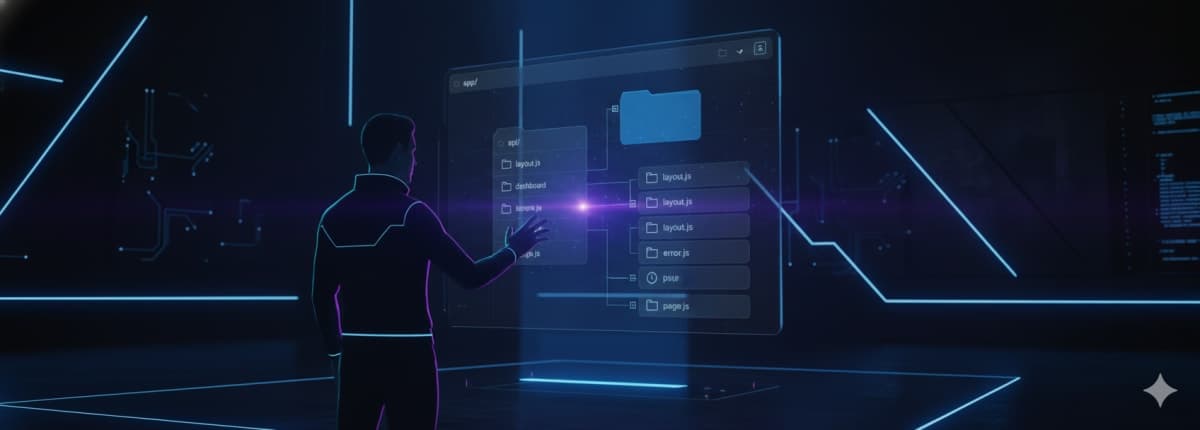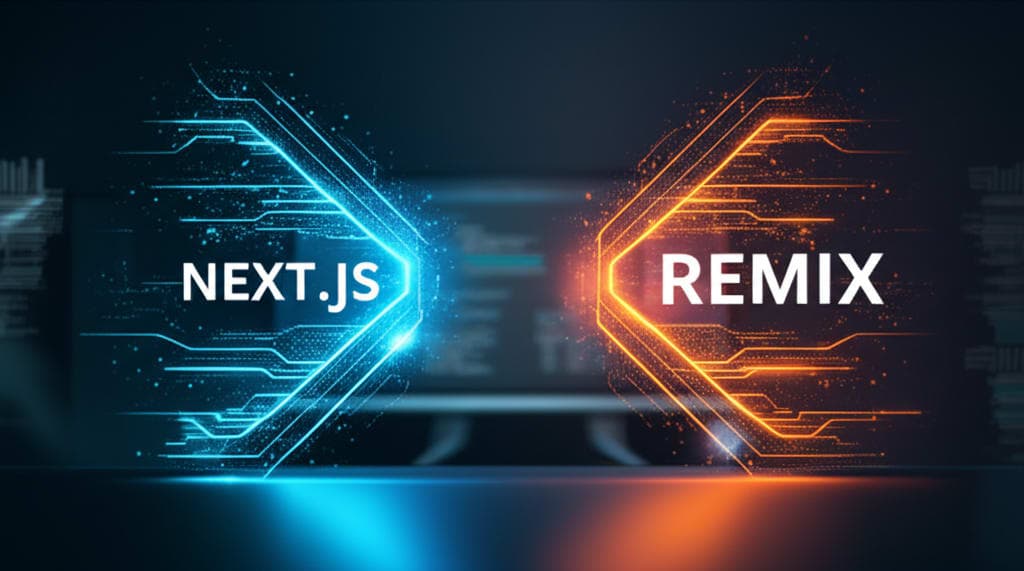Rise of AI Agent Frameworks: How Developers Are Building the Next Generation of Autonomous Apps
October 31, 2025
·215 views

🧠 Rise of AI Agent Frameworks: How Developers Are Building the Next Generation of Autonomous Apps
2025 might be remembered as the year AI agents became mainstream for developers.
We’re now seeing a shift from “AI assistants” to autonomous multi-agent systems — AI tools that think, collaborate, and act independently.
From LangChain and AutoGen to CrewAI and OpenAI’s Apps SDK, these frameworks are redefining how developers build intelligent, self-operating applications.
🚀 What Are AI Agent Frameworks?
An AI agent is more than a chatbot — it’s a system that:
- Understands a goal
- Plans a sequence of actions
- Executes using APIs or tools
- Adapts to feedback
An agent framework provides the tools and abstractions to build those systems.
🧩 Top AI Agent Frameworks in 2025
🧠 1. LangChain
The most popular framework for building multi-step reasoning systems.
It provides chains, tools, and memory modules to connect LLMs with external APIs, databases, and logic engines.
Used in: chat assistants, research tools, SaaS copilots.
⚙️ 2. AutoGen (Microsoft)
Focuses on multi-agent collaboration.
You can define roles like planner, critic, and executor — and let them interact autonomously to reach a result.
from autogen import AssistantAgent, UserProxyAgent
assistant = AssistantAgent(name="dev_assistant")
user = UserProxyAgent(name="developer")
user.initiate_chat(assistant, message="Generate a Python script to analyze a CSV file")
AutoGen handles the “conversation” between agents behind the scenes.
🧰 3. CrewAI
Open-source framework allowing LLM orchestration and human-in-the-loop feedback. It’s designed for productivity agents that handle tasks like scheduling, writing, or code review.
💻 4. OpenAI Apps SDK (New)
Announced in mid-2025, this SDK lets developers build custom AI apps that persist data, remember context, and connect directly to GPTs.
It bridges the gap between traditional app development and AI-based logic — with features like:
- Function calling
- Memory storage
- Native UI embedding
🧠 Why Developers Love This Trend
AI agent frameworks abstract away the complexity of:
- Context management
- Multi-step reasoning
- External tool integration
Now, a single developer can build what previously required an entire backend and automation pipeline.
🔮 The Future: Autonomous Ecosystems
Imagine:
- A design agent that works with a code agent to generate complete frontends.
- A testing agent that runs end-to-end QA automatically.
- A management agent that schedules tasks based on team productivity.
That’s where frameworks like AutoGen and OpenAI’s SDK are headed — towards autonomous agent ecosystems.
💬 My Take
I’ve experimented with AI in multiple projects — from Next.js + Gemini integrations to automation workflows in n8n — and the trend is clear:
The future developer won’t just write code. They’ll orchestrate AI collaborators.


